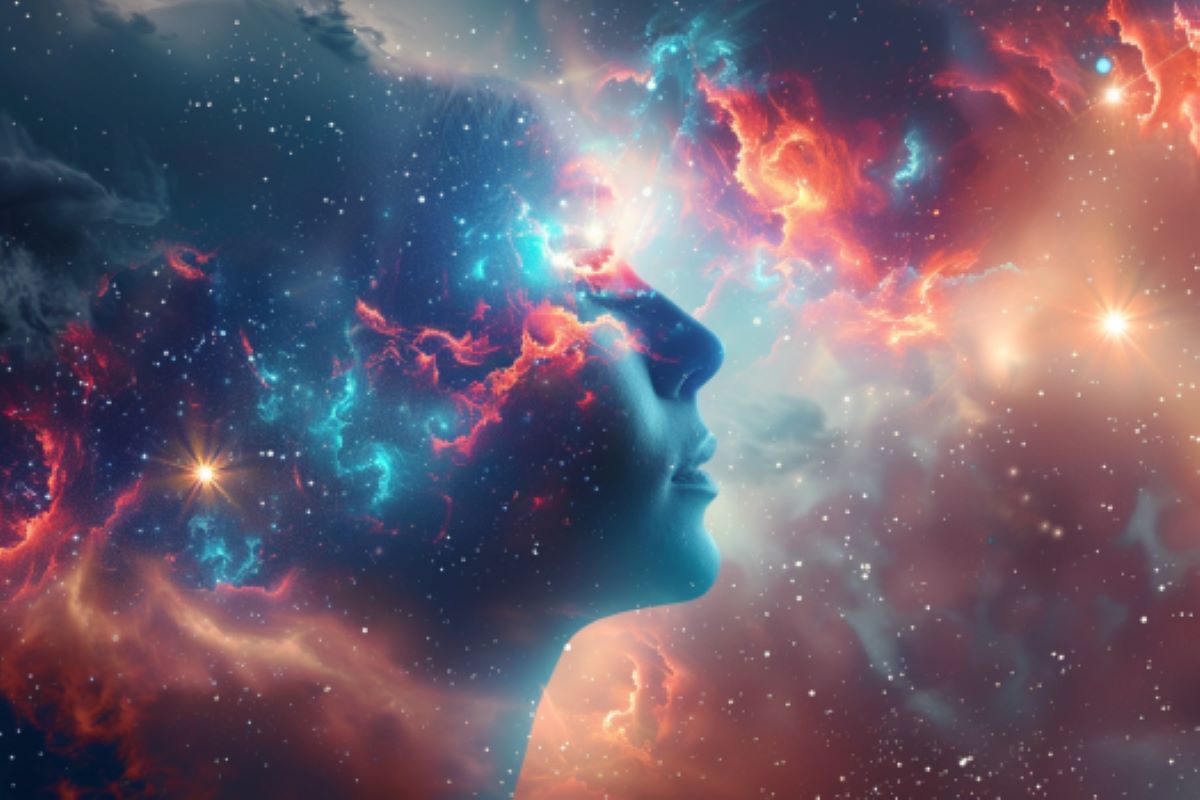Summary: A new study challenges traditional views on consciousness, arguing that our perceptions of mind-body separation are influenced by psychological biases.
The researchers used experiments involving the well-known thought exercise “Mary and the Zombie” to illustrate how our intuitions about consciousness are shaped by innate dualism. Participants’ responses suggest that while we often view consciousness as a mystical, separate entity, it significantly registers in physical brain activities.
Findings contend these biases mislead us into perceiving consciousness as more mysterious than it truly is, advocating for a reevaluation of its roots in simple brain functions.
Key Facts:
- Berent’s experiments reveal that people’s perceptions of consciousness can dramatically shift, suggesting that consciousness may not be the ethereal phenomenon we often consider it to be.
- She argues that evolutionary psychology and inherent dualistic tendencies shape our views on consciousness, making us believe it exists beyond the physical.
- The study highlights that even profound experiences, like Mary seeing color for the first time, have tangible effects on brain activity, reinforcing the physical nature of consciousness.
Source: Northeastern University
The origins of consciousness have been debated by philosophers for centuries. Each conscious person has a sense of “being me,” which invariably gives rise to the question of where that sense originated—from within or outside the body, says Northeastern University psychology professor Iris Berent.
“How do human brains give rise to this experience? That’s the big mystery, right?” she says.
Influential philosopher David Chalmers famously won a bet in 2023 for claiming consciousness exists beyond the merely physical, Berent says.
But she says the question of where consciousness exists is a false one—and she has a new paper that presents her position.
In an article published in the Neuroscience of Consciousness, she argues that the debate stems from the delusional—albeit natural—biases in the way humans think about the separation, or lack thereof, between body and mind.
“One of the biases is dualism, intuitive dualism—the fact that we perceive minds as separate from our bodies.”
“The extent to which we look at consciousness and think that it is this really mysterious thing could very well arise from how we see it rather from what consciousness really is,” Berent says.
“Consciousness isn’t hard. Psychology is,” she says.
Mary and the zombie
Berent points to an experiment in perception she conducted in her lab that used the well-known Mary and the zombie hypothetical exercise, but with a twist.
According to the experiment, when people are asked to think of a zombie twin of themselves, they describe a creature with their physical features but without their thoughts or feelings.
“They intuit that the mind, consciousness included, is really separate from the physical,” Berent says.
In the other thought experiment, Mary is a neuroscientist who knows everything about color and how the brain perceives color, even though she lives in a black-and-white world.
When Mary sees a red rose for the first time, people participating in the experiment say she learns something outside the bounds of physical, scientific explanation.
Berent says she decided to challenge these conclusions with two additional questions.
“The first question is kind of a reality check question, which is do they think Mary’s case is significant? Is it transformative? And everybody said, ‘Sure, it’s super transformative,'” Berent says.
“We also asked how likely is it that this experience will actually show up in her brain? If we scan her brain, will it light up? And it turns out that that’s exactly what people said. It will significantly register in the brain.”
“The point being, in the condition of the zombie people say, ‘no,’ (consciousness) is not physical,” Berent says. “And in Mary’s condition, people say it’s physical.”
“If people change their mind in this way, it can’t possibly be that in reality consciousness has changed. It must be that there is something within the human psyche that colors how we see consciousness.”
“For me, this means that we need to be really careful before we assume that there is any real mystery going on.”
The evolutionary roots of dualism
Berent blames what she calls “delusional attitudes about bodies and minds” to “the same old psychological biases that I’ve been studying in my lab for years.”
She calls the separation of mind and body dualism Previous research by Berent shows that autistic people are less dualistic than neurotypical people and that males are less dualistic than females.
Evolution is responsible for the fact people hold two different systems of perception in their mind, Berent says.
“Animals have an evolutionary advantage to be able to perceive objects, say, the bodies of their mothers,” she says.
It’s also important to be able to perceive objects that have agency as separate from other objects, Berent says. “You want to follow the mother and not a body that is inanimate” to receive nurturance and protection.
This type of dualism, she says, “primes us to think about people and their minds and bodies as separate from each other. That’s one reason we think about consciousness as this ethereal thing separate from the body.”
“The point is that our perception of consciousness changes depending on the situation. And if that’s the case, there’s no way that we can trust it to reflect what our consciousness really is. It must be that our brain plays tricks on us.”
An intimate understanding of who we are
“Every psychology student that has ever come into my class asks if we’re going to talk about consciousness,” Berent says.
“This is considered to be super important. This is our intimate understanding of who we are.”
Berent says the thought experiment outlined in her paper provides “the smoking gun” that intuitions about consciousness existing outside the body are manufactured by humans’ dualistically inclined brains.
Consciousness likely comes down to electrochemical functions in the brain, she says. “It’s hard for psychological reasons.”
About this consciousness research news
Author: Cynthia McCormick
Source: Northeastern University
Contact: Cynthia McCormick – Northeastern University
Image: The image is credited to Neuroscience News
Original Research: Open access.
“Consciousness isn’t “hard”—it’s human psychology that makes it so” by Iris Berent. Neuroscience of Consciousness
Abstract
Consciousness isn’t “hard”—it’s human psychology that makes it so
Consciousness arguably presents a “hard problem” for scholars. An influential position asserts that the “problem” is rooted in ontology—it arises because consciousness “is” distinct from the physical.
“Problem intuitions” are routinely taken as evidence for this view. In so doing, it is assumed that (i) people do not consider consciousness as physical and (ii) their intuitions faithfully reflect what exists (or else, intuitions would not constitute evidence).
New experimental results challenge both claims. First, in some scenarios, people demonstrably view consciousness as a physical affair that registers in the body (brain).
Second, “problem intuitions” are linked to psychological biases, so they cannot be trusted to reflect what consciousness is. I conclude that the roots of the “hard problem” are partly psychological.
Accordingly, its resolution requires careful characterization of the psychological mechanisms that engender “problem intuitions.”








